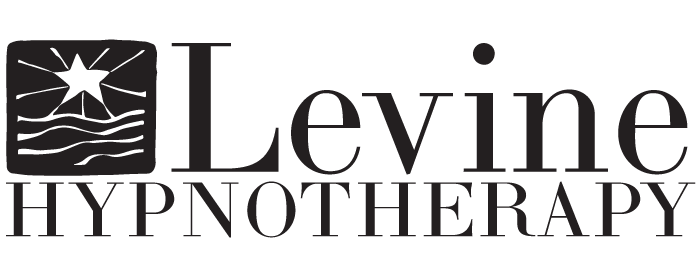
Common Uses
For more details see the Blog
Anxiety, phobias, trauma
Insomnia and nightmares
Weight reduction and eating disorders
Chronic pain
Other medical conditions, including those aggravated by stress, like high blood pressure and IBS
Depression, grief, negative thinking, low self-esteem
Smoking, addiction, and habit resolution
Spiritual emergence, shamanic journeying
About Hypnotherapy
Both mind and body have an innate drive toward healing, and hypnotherapy creates the safe space in which this can happen. In hypnosis you tap your innermost wisdom as you dialogue with parts of your personality and resolve events from the past. In a process called emotional clearing, you heal emotional wounds with guided fantasy and healthy self-talk. You learn how to use the mind to influence the body, for example, how to alleviate pain or induce sleep. Here, the pieces of your life rearrange themselves into a more meaningful whole.
My Approach
Using breath-work, sensory awareness and guided imagery, I take you into a hypnotic state that is pleasant and secure, a space where your imagination can provide solutions to life’s thorniest problems. Your body feels pleasantly floaty as your mind tracks my voice; the relaxation you experience is both deep and lucid. Your subconscious sets the agenda, and I provide the guidance. You are always in control, and when you emerge from trance, you remember the healing experience you had and the positive suggestions I gave you.
Once you are familiar with the hypnotic process, I can teach you self-hypnosis, which you can use between sessions and after completing therapy. Hypnosis has sometimes been described as "meditation with a goal," and you may find yourself integrating self-hypnosis into an already-existing meditation practice. For many, hypnotherapy leads to feelings of intense presence and self-acceptance.
My approach is eclectic, always tailored to you and your individual needs. Recordings are made of the hypnosis part of the session when desired and appropriate.

